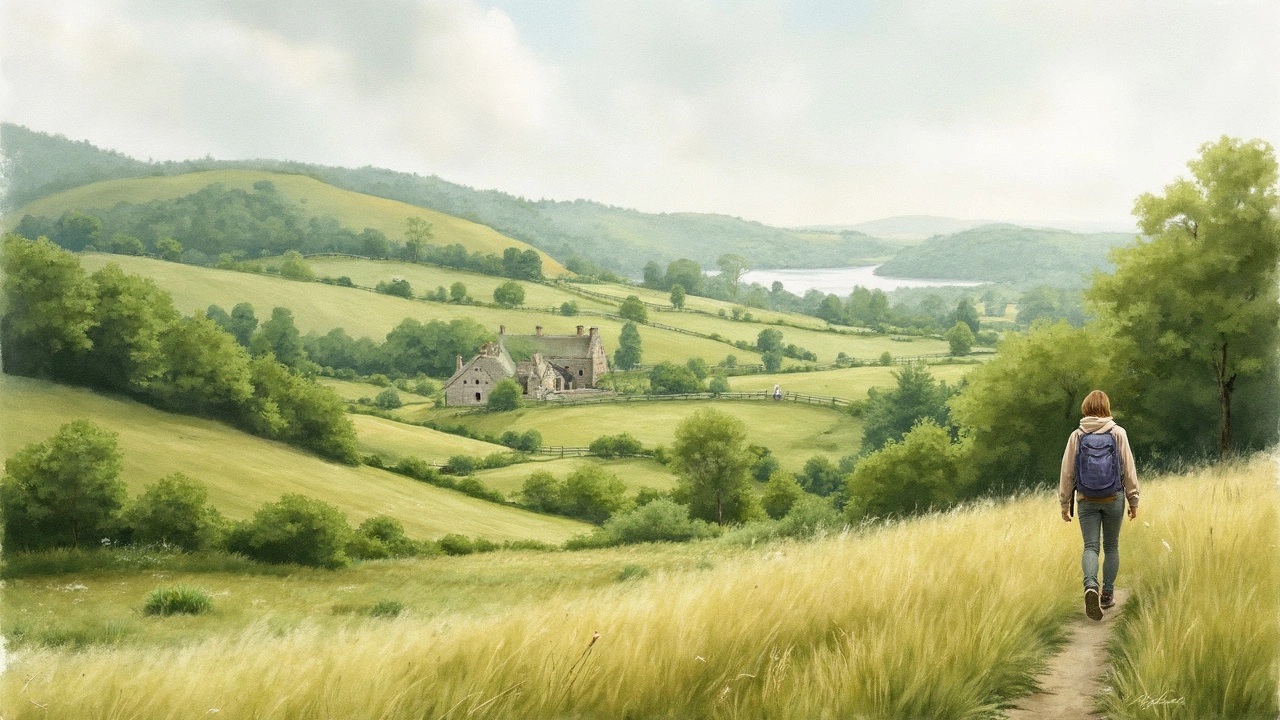Land Ownership UK – A Simple Guide for Campers
If you love camping, you’ll quickly wonder whose land you’re actually using. In the UK land ownership rules are a mix of private rights, public access, and a few historic quirks. Knowing the basics helps you avoid fines, keep good relations with landowners, and enjoy your trip without stress.
Who Owns the Land You See?
Most of the countryside is privately owned. That means a farmer, a landlord, or a corporation holds the legal right to decide what happens on their ground. Public land comes in two flavors: common land and public rights of way. Common land is owned by a group (often a local council) but the public can walk, cycle, or ride horse on it. Rights of way are simply paths that the law says anyone can use.
Public parks and national forests are managed by local authorities or the Forestry Commission. You can camp there, but usually only in designated sites. If you stray into an unmarked area, you could be on private land without permission.
When Can You Camp Legally?
The short answer: you need permission unless you’re on a spot that specifically allows wild camping. In England and Wales the law says you must have the landowner’s consent to stay overnight. In Scotland you have the “freedom to roam” that lets you camp on most uncultivated land, as long as you follow the “Leave No Trace” rules.
England’s “right to roam” is limited. You can walk on open countryside, but camping still requires consent. Some local councils have “designated wild camping sites” where you can pitch a tent for free or a small fee. Check the council’s website before you arrive.
If you’re unsure, look for signs. A simple “No Camping” sign means you’re on private property or a protected area. A “Freedom to Roam” sign in Scotland signals you’re good to go, provided you stay out of farms, gardens, and protected wildlife zones.
What about staying in your motorhome? The same rules apply. You can park overnight on a lay‑by or service station, but if you’re on a farm lane or private driveway you need the owner’s OK. Some supermarkets and petrol stations quietly allow overnight stays; it’s polite to ask the staff.
When you get permission, keep it simple: set up a small, low‑impact campsite, pack out all trash, and avoid blocking paths. Landowners are more likely to let you stay if you respect their land.
Remember, the law isn’t the only factor. Respecting local communities, wildlife, and heritage sites keeps camping enjoyable for everyone. If a landowner says no, move on – there are plenty of other spots waiting.
Bottom line: always check who owns the land, look for signs, and ask for permission when needed. Following these steps lets you focus on the road, the views, and the freedom of the open sky, instead of worrying about fines.
-
 VIEW POST
VIEW POSTCan I Buy Land and Live on It in the UK?
Apr, 10 2025|0 CommentsThinking about owning a piece of the UK countryside and living on it? This guide unpacks land ownership complexities, planning permissions, legalities, and potential hiccups you'll encounter. Discover fascinating insights and realistic expectations around turning your piece of land into a personal retreat. Understand not just what's possible, but practical strategies to make your dream of living on UK land a reality. From loopholes to logistics, get the lowdown on living the wild camping lifestyle on your own terms.